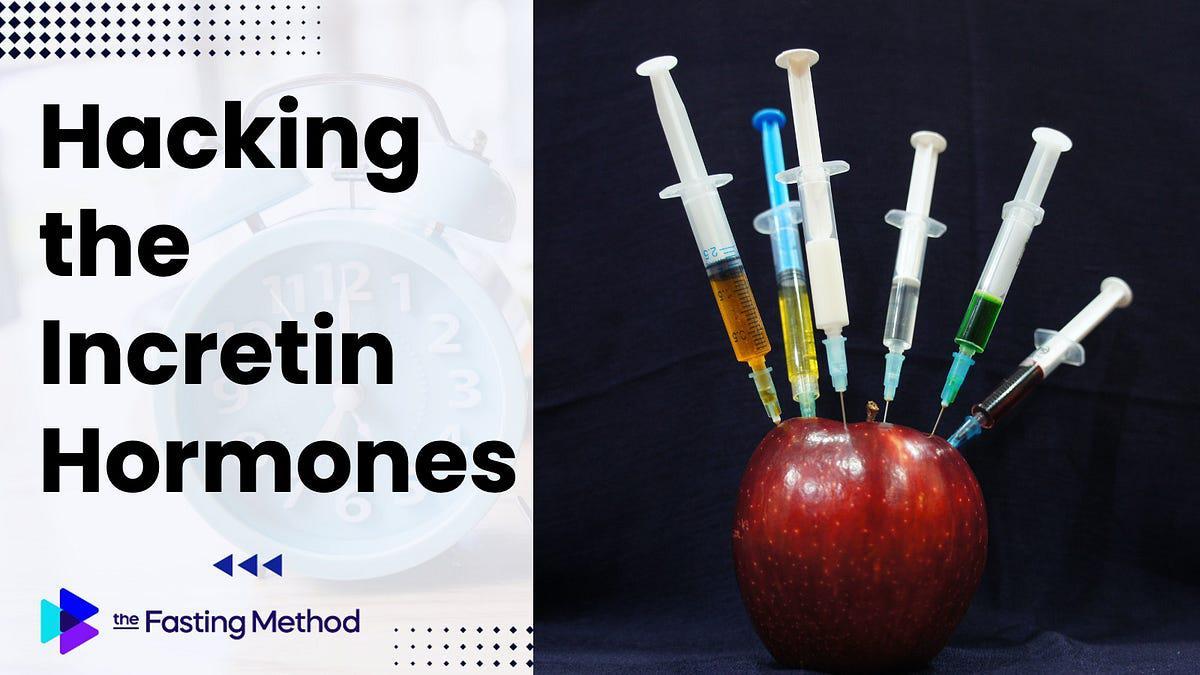What is incretin and why do we care?
GLP-1 agonist drugs, Ozempic and Mounjaro, affect incretin hormones, leading to significant and sustained weight loss. (See my article - What Ozempic teaches about weight loss) Therefore, understanding these systems and the foods that influence them can lead to reasonable food choices that maximize weight management. Incretins are hormones secreted by the intestines that play several key roles in food intake.
1. They increase insulin secretion from the pancreas to aid digestion.
2. They enhance satiety - telling us to stop eating.
3. They increase fullness - signaling when it’s time to eat again.
When we eat, the body not only digests the food for nutrients but also secretes hormones that tell us to stop eating. This is a homeostatic mechanism that helps maintain weight within an ideal range. In the wild, being overweight is a significant disadvantage. You cannot catch smaller, faster animals and are more likely to be caught yourself. This is why we do not see morbidly obese animals in the natural world, and why nearly all animals, including humans, have evolved mechanisms to maintain body fat within a target range.
Understanding the mechanisms and hormones that signal us to stop eating is clearly a major benefit for weight loss. When we are full, we do not want to eat, leading to weight loss. Weight loss is about controlling hunger rather than calories (see article - The roots of the obesity epidemic). Obesity is a hormonal imbalance, not just about calories. Therefore, we need to focus on fixing hormones rather than calories. Interest in incretins has exploded because drugs targeting incretins can lead to serious and sustained weight loss.
But what are the natural factors that increase incretin release? This is the focus of this article.
There are two main incretins.
1. Glucagon-like peptide 1 (GLP-1)
2. Glucose-dependent insulinotropic polypeptide (GIP)
